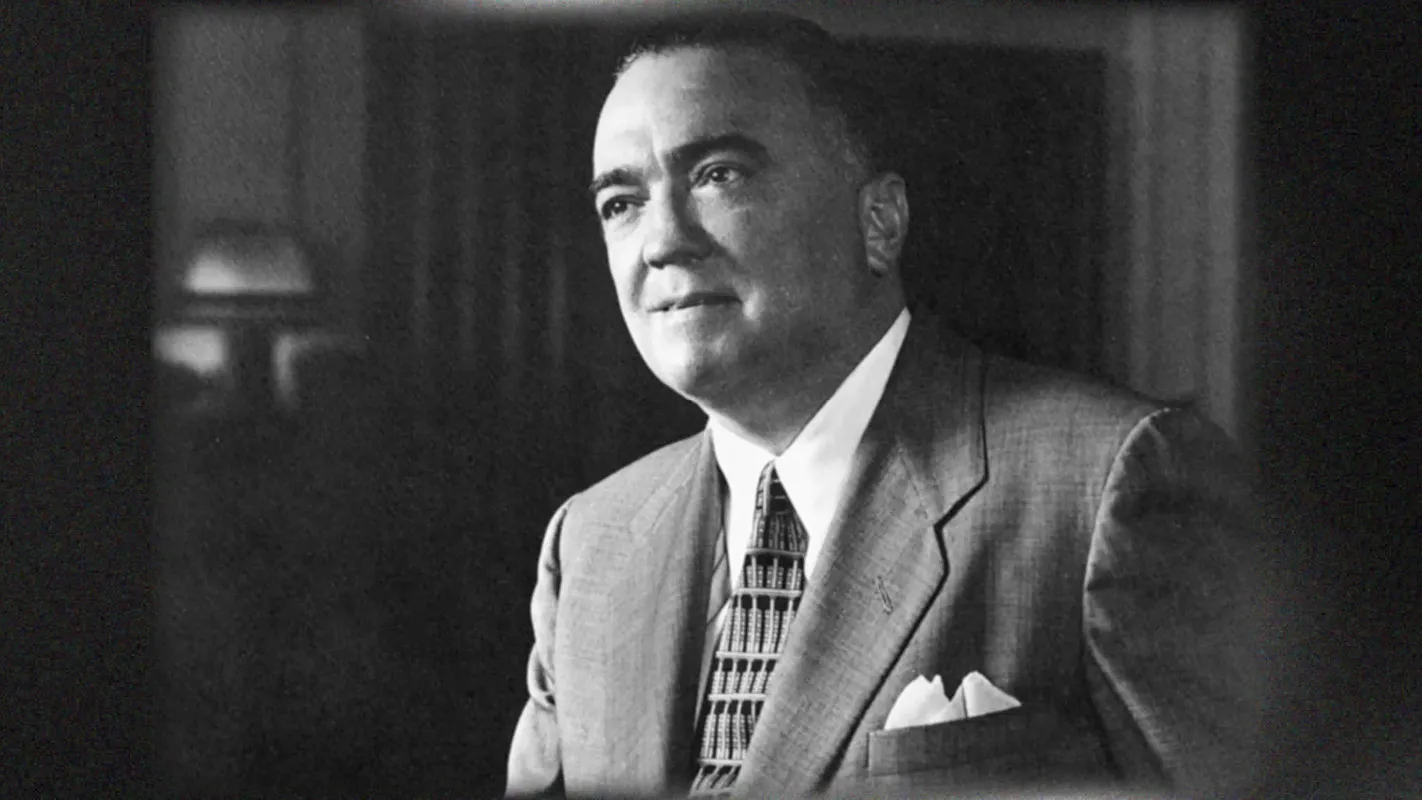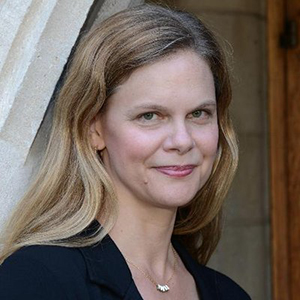Joe Gutierrez | Office of Strategic Communication | (909) 537-5007 | joeg@csusb.edu

The author of a biography on J. Edgar Hoover, the first director of the FBI who ran the agency for 48 years until his death in 1972, will be the guest speaker at the next Conversations on Race and Policing, set for 1 p.m. Tuesday, March 7, on Zoom.
The program featuring Beverly Gage, a professor of history and American studies at Yale University, and the author of “G-Man: J. Edgar Hoover and the Making of the American Century,” is free and open to the public. The livestream of the program can be accessed from a PC, Mac, Linux, iOS or Android at https://csusb.zoom.us/j/97960458784.
Michael German, a past Conversation on Race and Policing speaker and fellow at the Brennan Center for Justice and former FBI special agent, will be the guest host of the March 7 program.

The website of the publisher of Gage’s book describes “G-Man” as a “monumental work” that “explores the full sweep of Hoover’s life and career, from his birth in 1895 to a modest Washington civil-service family through his death in 1972. In her nuanced and definitive portrait, Gage shows how Hoover was more than a one-dimensional tyrant and schemer who strong-armed the rest of the country into submission. As FBI director from 1924 through his death in 1972, he was a confidant, counselor, and adversary to eight U.S. presidents, four Republicans and four Democrats. Franklin Roosevelt and Lyndon Johnson did the most to empower him, yet his closest friend among the eight was fellow anticommunist warrior Richard Nixon. Hoover was not above blackmail and intimidation, but he also embodied conservative values ranging from anticommunism to white supremacy to a crusading and politicized interpretation of Christianity. ...
“‘G-Man’ places Hoover back where he once stood in American political history – not at the fringes, but at the center – and uses his story to explain the trajectories of governance, policing, race, ideology, political culture, and federal power as they evolved over the course of the 20th century,” the website says.
Gage is also the author of “The Day Wall Street Exploded: A Story of America in Its First Age of Terror,” which examined the history of terrorism in the late 19th and early 20th centuries. She writes frequently for The New York Times, the Washington Post, The New York Times Magazine and The New Yorker, among other publications.
Conversations on Race and Policing, also known as CoRP, began in the aftermath of the May 25, 2020, death of George Floyd while in the custody of four Minneapolis, Minn., police officers. A video of the incident posted on social media led to widespread protests, the firing of four police officers, the arrest and conviction of one officer on a second-degree murder and related charges, the other three on charges of aiding and abetting second-degree murder – and a spotlight worldwide on race and policing.
The series has featured scholars, journalists, law enforcement officers, lawyers, activists, artists, educators, administrators and others from throughout the nation who shared their experience and expertise on issues related to race and policing.
More than 50 forums have taken place, and video recordings of the sessions are posted online on the Conversations on Race and Policing Lecture Series Archive.
The series is organized by CSUSB students, staff and faculty, including recent history master of arts graduate, Cecelia Smith; history master of arts student Matt Patino; Mary Texeira, professor emerita, sociology; Jeremy Murray, professor of history; Robie Madrigal, public affairs/communication specialist for the CSUSB John M. Pfau Library; and community member Stan Futch, president of the Westside Action Group.
The spring semester lineup of Conversations on Race and Policing, which takes place at 1 p.m. on Tuesdays, includes “IE to Ph.D. & Policing The Inland,” with Humberto Flores, a Ph.D. candidate in sociology from UC Santa Barbara whose research examines the brunt of policing in the Inland Empire, on March 14.
For more information, contact Robie Madrigal at rmadriga@csusb.edu or Jeremy Murray at jmurray@csusb.edu.